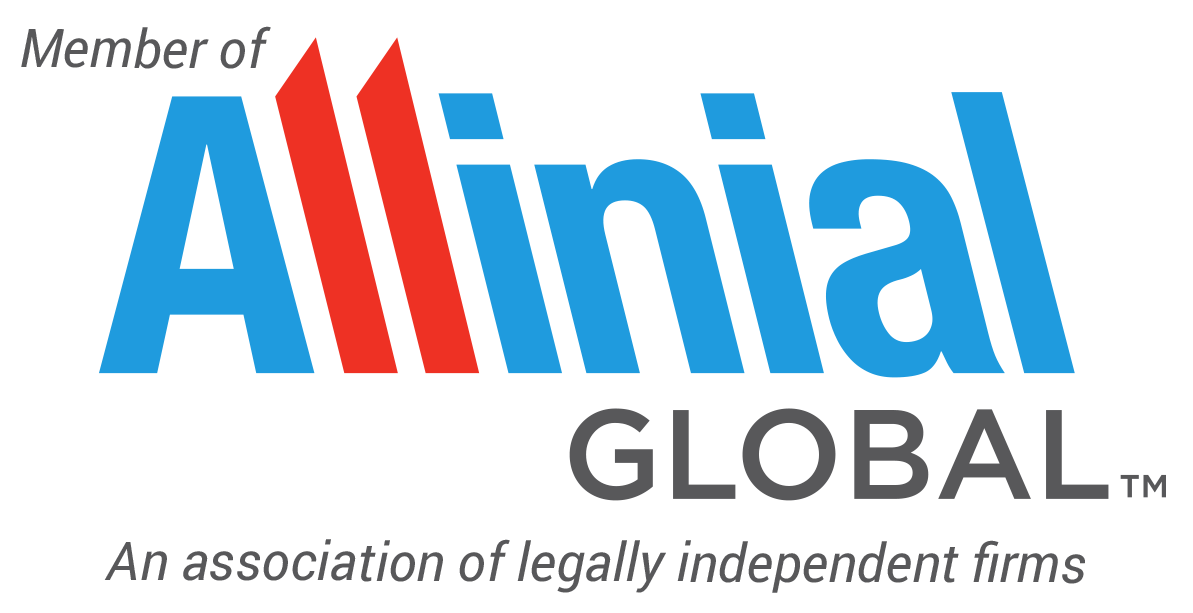Like many of us, you are probably anxious to close the books on 2020. However, you might consider a few things before year-end so that you can start 2021 on a positive note.
CARES Act Payroll Credits
If your business revenue was impacted by shutdowns related to COVID, you might be eligible to take advantage of a couple of credits created by the CARES Act. The employee retention credit will give a 50% credit on up to $10,000 of qualified wages. You may also be eligible for a credit for sick and family leave wages paid to employees during 2020 due to the pandemic. The credit includes the amount paid for related health plan expenses and the employer’s share of Medicare tax on leave wages. There are limitations on the credits you are eligible for if you took out a Paycheck Protection Program loan. Let us help you determine if you qualify for any of these credits.
Research Credits
Did your business spend time and money this year developing a new or improved product, process, technique, formula, technical design, or software? If so, you may qualify for the research and development credit, which can be used to reduce your federal and state taxes.
Fixed Asset Analysis
To accelerate your business’ depreciation deduction now is a great time to have a cost segregation study done on real property you acquired or constructed during the past 3 years. Additionally, the CARES Act added a new opportunity to reduce the depreciation period from 39 years to 15 years on certain qualified improvement property. And, don’t forget to write off assets you no longer own.
State Income Tax Analysis
If you began doing business in new states in 2020, you should evaluate whether you might have any additional filing requirements. ATKG can help you analyze where you have nexus and determine if there are credits or incentives for which your business may qualify.
Sales Tax
Now is a good time to evaluate whether your business charges tax appropriately on its products and services before you begin the new year. And, you will want to evaluate your sales tax collection responsibilities in any new states in which you began business during 2020.

Passive Activities/Material Participation
If you own rental real estate and actively participate in the management of that real estate, you need to make sure that you have adequate documentation to prove that you have materially participated in the activity so that your losses will not be limited under the passive activity rules. Many planning opportunities can help you maximize the use of passive activities.
Basis Analysis
It is important to be aware of your tax basis in your business and investments before taking distributions or selling assets to avoid any “surprise” tax liabilities. Additionally, you may not have enough basis to deduct certain losses generated by the business.
S Corporation Distributions and Redemptions
S corporation distributions and stock redemption rules can get quite tricky and may result in surprise tax liabilities without proper planning. Let your ATKG advisor know if you have made any distributions or if you plan to before year-end.
Accounting Method Changes
What is the most advantageous method of accounting for you to use for tax purposes? Under the Tax Cuts and Jobs Act, your business may be eligible to use the cash method of accounting if your prior three years’ average annual gross receipts are less than $25 million. You may want to consider a change in accounting method.
Planning for Tax Rate Changes
Now that the election is behind us, it is important to look at how President-elect Biden’s tax plan may affect your tax situation. Let us help you determine whether it may benefit you to accelerate certain items of income or deductions based on your tax bracket situation on anticipated tax rate changes.
Do not let year-end creep up on you without analyzing your 2020 tax situation. ATKG is here for any end of year questions or issues that may come up for your business. Cheers to 2021!
Julie Spurlock is a Tax Senior with ATKG and a Certified Public Accountant. She began her career with the firm as an intern while attending undergrad at St. Mary’s University. She went on to receive her Master’s in Accounting from the University of Texas at Austin. Julie can be reached at jspurlock@atkgcpa.com or 210.733.6611.
